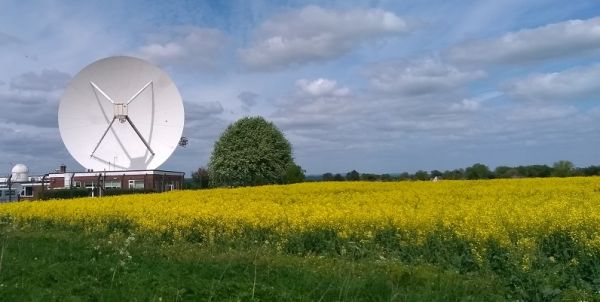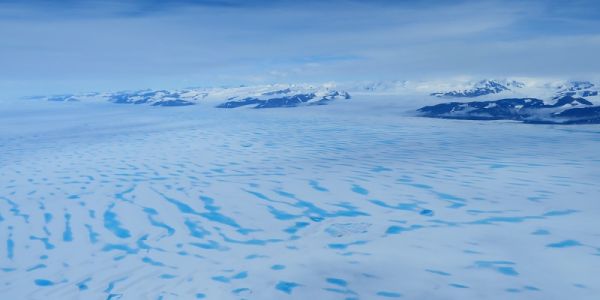
University commits to bold climate crisis action
The University of Leeds has fully divested from significant fossil fuel extractors and has set out seven bold principles it will adopt to help tackle the climate crisis.

The University of Leeds has fully divested from significant fossil fuel extractors and has set out seven bold principles it will adopt to help tackle the climate crisis.

Scientists are developing a pioneering technique that allows them to monitor insects in the air using weather radars, as part of a research project called BioDAR.

A new report has called for a national debate on who should pay for the UK’s much-loved public parks and green spaces.

A new framework provides a robust scientific tool for researchers, policymakers and industry to calculate remaining global carbon budgets.

An evaluation of the global energy return on investment for fossil fuels and renewable sources reveals a much more level playing field than previously believed.

Edible insects could be a key ingredient to avoiding a global food crisis, according to a new report, but there are significant barriers to overcome before they are part of the mainstream.

Leeds has won an award for embedding a collaborative approach to sustainability across all aspects of the University curriculum.

The Priestley Building will provide a base on the University's main campus for leading climate-related research.

Seven areas of fast-flowing ice on the Antarctic Peninsula have been formally named after Earth observation satellites, following a request by a University of Leeds scientist.

A new study has used partially fossilised plants and single-celled organisms to investigate the effects of climate change on the Canadian High Arctic wetlands and help predict their future.